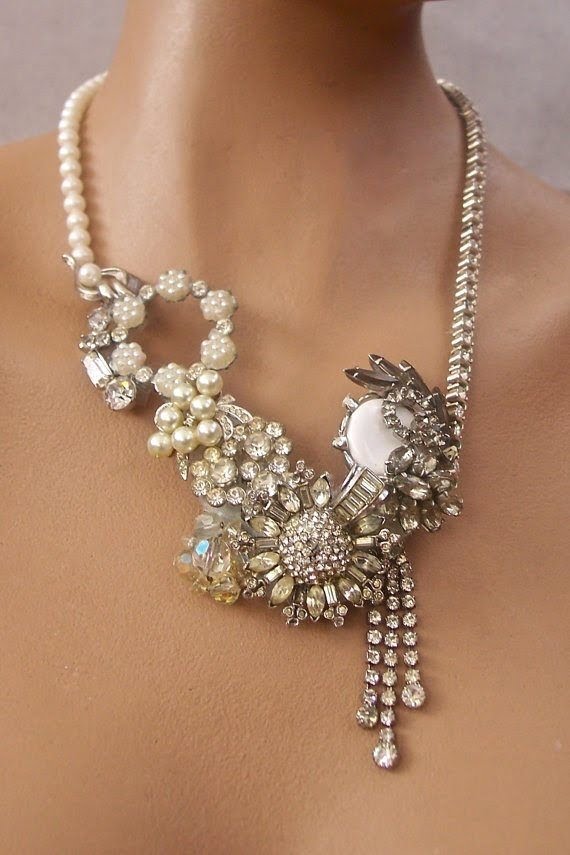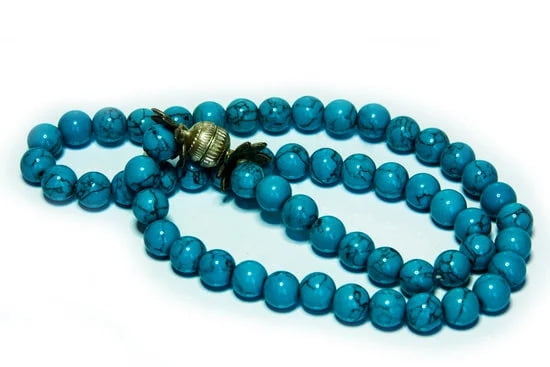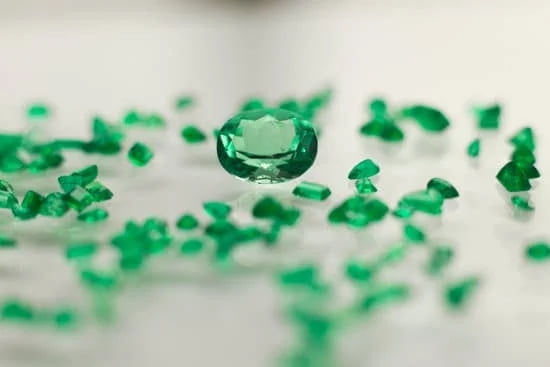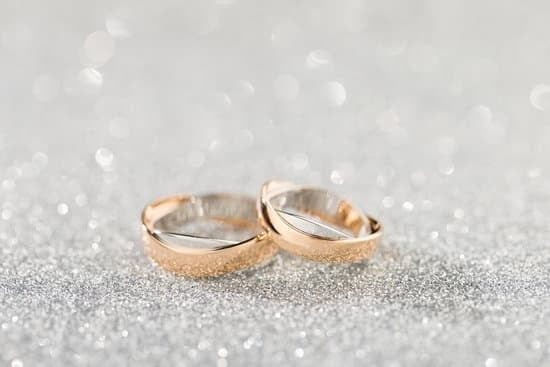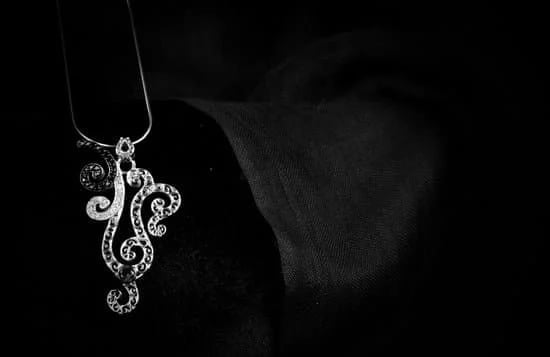Introduction
Jewelry is often the first impulse buy or special accessory to add the final touch of a perfect outfit. However, jewelry that smells can be unpleasant and even dangerous. The metals used to make jewelry may deteriorate and corrode over time, releasing toxic fumes if not properly cared for. If jewelry is storing bacteria and dirt, it can also start to smell. From damaged plating to organic matter trapped in charms, it’s important to understand why your jewelry can smell and how to remedy the situation. Though you may think that throwing out your smelly pieces is the only option, there are plenty of quick fixes and preventative methods you can take instead.
By understanding how different metals corrode, how trapped materials can breed bacteria, and how to keep your favorite pieces in good condition, you’ll no longer have a reason for why your jewelry smells bad. Jewelry items should be carefully inspected for physical oxidation or other visible signs of damage such as discoloration that could indicate more serious issues like lead plating breakdown. Additionally, paying attention to the materials used in making jewelry is important too; many cheaply made pieces are constructed from cheap metal alloys with plating which begins degrading after being exposed to moisture or harsh chemicals like cleaning agents. In some cases, people may even have an allergic reaction when wearing certain types of metal combination as well – this is why knowing about specific metal combinations used in making jewelry items is crucial before buying them! Lastly, regular cleaning and care should always be taken into consideration when caring for all types of jewels- especially those with delicate parts or intricate settings – since they may require sensitive handling that requires special attention in order to maintain their original beauty long-term.
What Causes Jewlery to Smell
Jewelry, especially metal jewelry such as gold and silver, can develop an unpleasant odor with prolonged wear. This is often due to the sweat and oils our skin produces when wearing jewelry, or because of cosmetic products such as perfumes and lotions that have been applied.
When these products interact with the metal in the jewelry, they can form acidic salts, like acetic acid salts in vinegar. These salts can cause a reaction that causes odors in the jewelry. In some cases, cheaper jewelry may not be made with high quality metals which limits the lifespan of the item and makes it more prone to developing an odor.
To prevent jewelry from smelling, make sure to take off the items before swimming or sweating heavily. Additionally, it is best to avoid wearing rings or other pieces on your hands while applying cosmetics such as perfume or lotion – these items should only be worn once any cosmetics are completely dry. As far as cleaning goes, you can periodically wipe down metal jewelry with a damp cloth but it is also important to clean them more thoroughly using a metal-safe cleaning solution every few months in order to prevent bacteria buildup that could lead to odors.
Strategies to Prevent Smells
Metal Choice – Metals such as stainless steel, titanium, and tungsten are some of the best metal choices when it comes to preventing odors from your jewelry. These metals are non-porous and therefore will not absorb smells like silver or gold would. In addition, they also create an impermeable barrier that prevents germs from entering into the jewelry which can cause an unpleasant smell.
Sealants and Lacquers – By applying a sealant or lacquer to your jewelry you can reduce the risk of odor-causing bacteria getting trapped within the metal and fabric of the piece. You can find various sealants and lacquers available to buy in craft shops, as well as some specialty retailers. They are relatively easy to apply with a brush or sprayer. Many come in a variety of colors so you can customize the look of your jewelry along with helping prevent bad odors.
Cleaning – One way to help make sure that your jewelry doesn’t begin smelling is to regularly clean it. For example, wiping down any silver pieces with warm water and mild dish soap every two weeks can help keep them from acquiring any unwanted scents from being exposed to air for prolonged periods of time. Similarly, it is recommended that you do a full body cleanse on all other types of jewelry at least once every few months using specialized cleaning solutions such as those for diamonds that help remove any grime buildup that could be a breeding ground for bacteria during storage.
Cleaning Strategies
Sonic cleaners generally refer to machines that use sound waves to shake and agitate the jewelry, loosening dirt, grime and sweat which can build up over time on a piece of jewelry. These are particularly useful for cleaning intricate designs which might not be able to be cleaned as effectively with other methods. For example, diamond jewelry needs a sonic cleaner with a mild detergent added as a solution in order to properly clean off the dirt without damaging or scratching the surface of the diamonds. Ultrasonic steamers usually refer to machines that use heat and high-frequency sound waves to turn water into steam, which helps loosen dirt and debris from the jewelry surface. They are often used for cleaning gold and silver pieces, but can also be used on other metals such as platinum and titanium. Depending on what metal your jewelry is made from, you could use specialized solutions or even just plain tap water in an ultrasonic steamer for best results.
Important Considerations
When pre-cleaning jewelry it is important to consider the type of metal the piece is made of and how it should be cleaned. Some metals, such as copper or brass, are more prone to tarnishing and require different cleaning techniques than gold or silver. Silver pieces can usually benefit from a simple polishing with a special cloth designed for jewelry, but taking extra steps in pre-cleaning may be necessary for other metals. Copper items may need to be immersed in baking soda paste or boiled in olive oil to remove tarnish before polishing or buffing.
After the initial cleaning is complete there are several options for removing any lingering odor from jewelry. Vinegar solutions can be effective on a variety of materials when applied directly to the surface of the jewelry with a low-abrasive cloth. Essential oils can also help eliminate odors if simply added to a solution of water. If these solutions don’t seem to do the trick then items can also be baked in an oven at low heat for an hour or left out in direct sunlight to bring out more powerful cleaning results.
Conclusion
Preventive maintenance is an incredibly important step to ensuring that your jewelry always smells fresh. A normal part of wearing jewelry is that it may attract a faint odor over time and regular cleaning can help to combat this. Regularly wiping down the surface with a clean cloth or dry-brushing can help remove any dirt, sweat and dead skin cells which may have caused any odors, as well as restoring the jewelry’s shine and luster. In addition to cleaning the surface, some pieces of jewelry such as necklaces and bracelets require deeper cleaning from time to time. Depending on the material, pieces like these can often be soaked in warm soapy water for around ten minutes then dried thoroughly with a soft cloth afterwards. On top of all this, you may choose to spray your jewelry with a specially formulated product designed specifically for that purpose. Doing this helps prevent heavy odors from adhering to the jewelry by coating it in what is known as an ‘odor repellent barrier’ for added protection between uses. Taking all these steps ensure that your cherished jewels remain smelling nice and looking their best all year round!

Welcome to my jewelry blog! My name is Sarah and I am the owner of this blog.
I love making jewelry and sharing my creations with others.
So whether you’re someone who loves wearing jewelry yourself or simply enjoys learning about it, be sure to check out my blog for insightful posts on everything related to this exciting topic!

